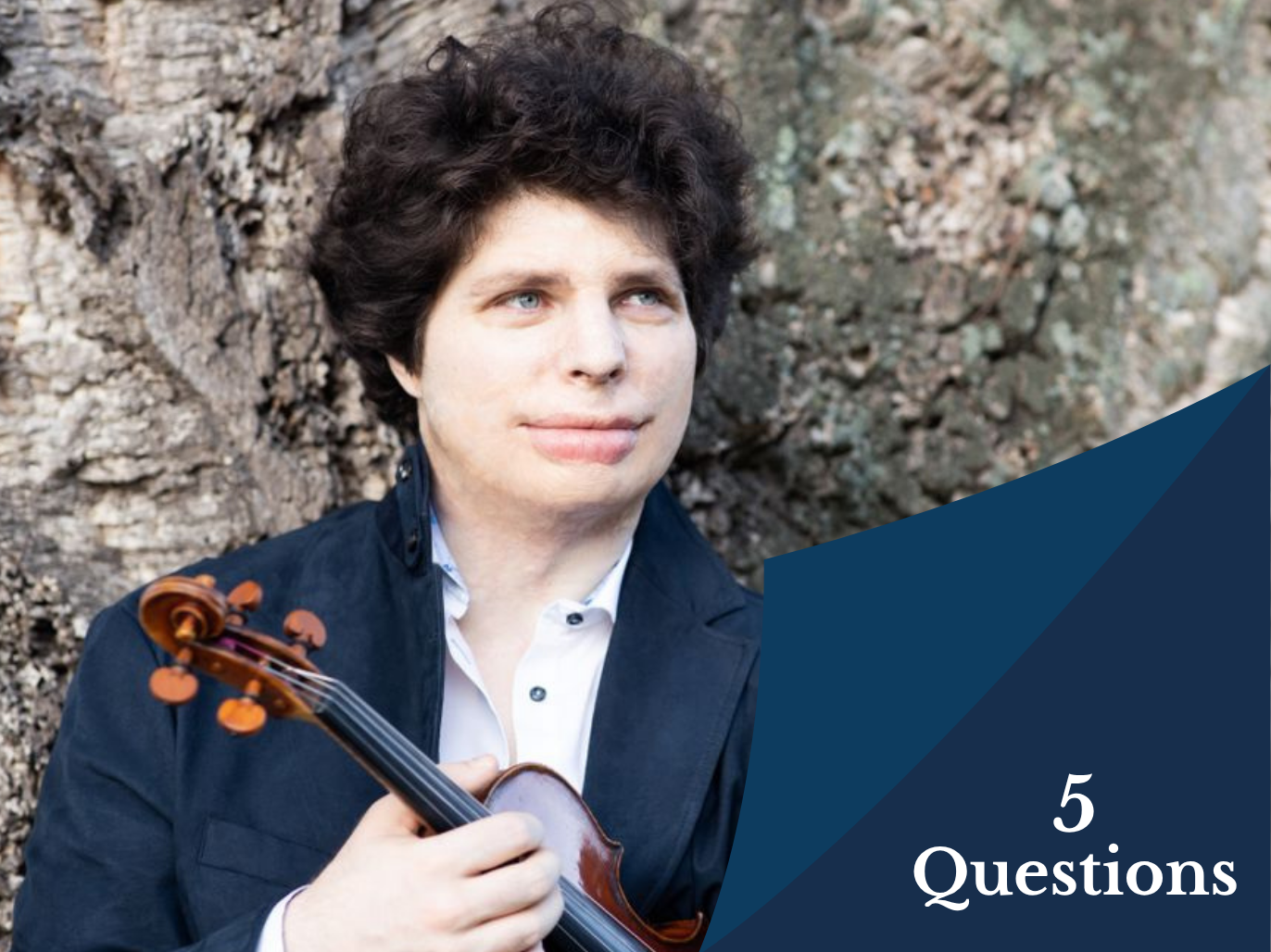Do you remember which piece of music first moved you to tears?
It was only when I was a teenager that I cried for the first time, really, when I heard music. Before that, I found many things beautiful, but to be truly moved… I don’t know.
It was probably a Schubert song, because before I started playing the violin—when I was just a toddler—my family would sing these songs in the evening at the piano. Not singing well—amateur playing—but they’re very beautiful songs.
There isn’t really a separation between this German song and German folk song. It’s kind of the same thing.
And since this was the first music that I heard, it somehow is in there very deeply. So when I hear it again, there’s all sorts of emotions that come back that are tied to it.
Probably what happens to us musicians—and it’s a little sad—is that violin playing can’t really move me to tears. I don’t think it’s possible. Whenever I hear violin playing, I’m thinking about how I would play it, and that breaks the spell. But cello playing, piano playing, especially singing, and orchestral playing—these things can move me very deeply.
The violin pieces, even though I know they’re moving, and in a way they do move me, of course. I feel it. But it’s not overwhelming in the same way, because I’ve experienced them so much.
There’s a kind of magic and mystery that disappears when it’s a piece you yourself know how to make.

